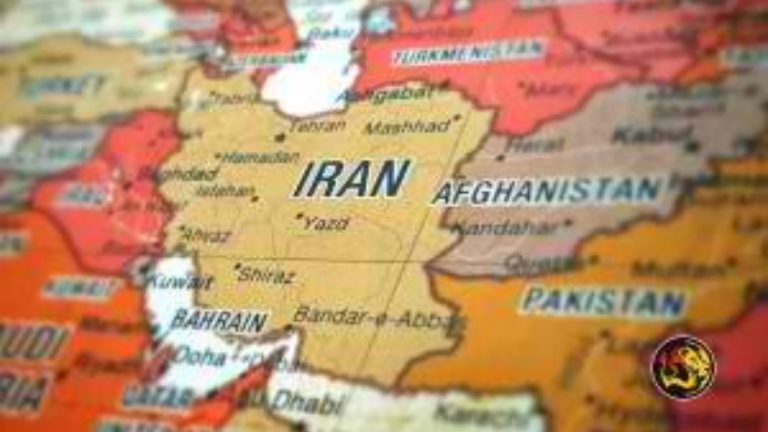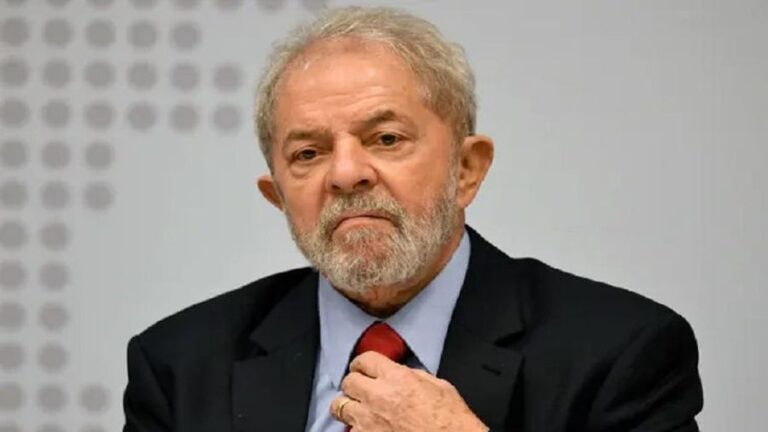Netanyahu’s Return to Power Will Further Complicate Israeli-US Relations
Neither Bennett nor Lapid betrayed Israel’s national interests vis a vis Russia despite their ideological alignment with Biden and their country’s status as one of America’s top allies so it’s to be expected that ideologically misaligned Bibi will take this policy trajectory as far as possible. His close friendship with Putin is also of course a plus but won’t be the determining factor behind his decisions since he’s driven solely by the desire to secure Israel’s role as an independent actor in the multipolar world.
Benjamin Netanyahu, popularly known as Bibi, will return to the post of Prime Minister for a third time in the coming future after forming a government just prior to the mandated deadline. This development is expected to further complicate Israeli-US relations, which are already really rocky over former Prime Ministers Naftali Bennett’s and Yair Lapid’s refusal to join Washington’s anti-Russian sanctions regime and extend military support to its proxies in Kiev.
Those two intertwined decisions were prudently made with a view towards pragmatically maintaining Israel’s close military cooperation with Russia in Syria. What makes them all the more impressive too is that Bennett was considered to be much more ideologically aligned with US President Joe Biden than Bibi is. Moreover, he and his successor Lapid defied increasingly intense information warfare pressure upon them to reverse their course despite Russian-Iranian military ties reportedly expanding this year.
Considering this context as well as Bibi’s conservative misalignment with the liberal American leader, not to mention the first-mentioned’s years-long friendship with Russian President Vladimir Putin, there are plenty of reasons to expect the complicated nature of Israeli-US ties to become the “new normal” . Outgoing Prime Minister Lapid fearmongered about this on Thursday when declaring that “This is the first government in the history of the country that the United States does not consider its closest ally.”
His dramatic remark followed the New York Times’ (NYT) editorial board headlining an opinion piece last week warning that “The Ideal of Democracy in a Jewish State Is in Jeopardy”, which provoked Bibi to condemn that influential US-led Western Mainstream Media (MSM) for implied anti-Semitism over the decades. The liberal Jerusalem Post soon thereafter published a milder piece similar in spirit to the NYT’s predicting that “Netanyahu on a collision course with US Jewry, Biden, Arab allies – analysis”.
According to Deputy Managing Editor Tovah Lazaroff, the details that Bibi’s coalition partners published about the deals that they all agreed to with respect to the Law of Return and sovereignty over the West Bank do indeed add credence to the observation put forth in her article’s title. It’s not stated in the text, but the consequence of her and others’ predictions coming to pass would result in Bibi’s latest government being the most independent one in Israeli history.
Earlier in the week, the Intelligence Ministry reportedly published its first-ever national intelligence assessment modeled off of its Western partners’. Of relevance to the present piece is the Jerusalem Post informing its audience that this historic document warned that “it may not be easy for Israel to maintain a geopolitical balance between positive relations with the US, China and Russia as these powers move from open competition to greater conflict.”
Quite clearly, Bibi’s latest government already decided to pursue Israel’s interests as they understand them to be in spite of the pressure upon them by the US to unilaterally concede on sensitive issues. Of relevance, he also had a call with his close friend President Putin Thursday night, during which time they “discussed the bilateral agenda and the international situation. They expressed confidence that Russian-Israeli relations will continue to develop consistently through contacts at different levels.”
That seemingly innocuous diplomatic development carries with it outsized soft power importance when remembering that the US has done its utmost to “isolate” Russia across the past ten months since the start of its opponent’s special operation in Ukraine. Truth be told, that policy already failed before Bibi formed his latest government as evidenced by the US endorsing the call to return Russian athletes to the Olympics as well as inviting Moscow to participate in the US’ hosting of next year’s APEC events.
Nevertheless, the timing of their call coincided with Biden’s hosting of Ukrainian President Vladimir Zelensky in DC, thereby resulting in the optics of America reinforcing its de facto alliance with Ukraine at precisely the same time that its historical ally reinforced its own similarly de facto alliance with Russia. The Russian-Israeli Strategic Partnership can indeed be described in such a way too due to their close coordination in Syria, continued trade ties, and refusal to let third countries meddle in their relations.
Before anyone speculates that Bibi did this to spite Biden, they should become aware of the objectively existing and easily verifiable fact that the US has been spiting Israel all across the past year after giving Ukraine nearly $100 billion during this time compared to the $150 billion it gave Israel over 75 years. This black swan event resulted in the anti-Russian lobby becoming vastly more powerful than the Israel one that had hitherto been widely regarded as America’s most influential policymaking network.
There’s no doubt that the self-proclaimed Jewish State’s representatives strongly disapprove of this development that indisputably works against their interests as they understand them to be, especially since it shows that the US always had an extra $100 billion in reserve that it didn’t dole out to them. Coupled with their ally’s unfriendly pressure upon them to unilaterally concede on their national interests with respect to Russia, it’s clear that the US is to blame for its deteriorating ties with Israel.
It therefore shouldn’t be surprising then that a leader as independently inclined as Bibi is would revel in the coincidental timing of him forming a government right when Biden was hosting Zelensky since the former served as the pretext for his call with Putin that made the latter pair uncomfortable. He didn’t intend to spite them, but rather to signal that Israel will nowadays focus on maximizing its sovereignty at this moment in the global systemic transition by proudly multi-aligning between all players.
Neither Bennett nor Lapid betrayed Israel’s national interests vis a vis Russia despite their ideological alignment with Biden and their country’s status as one of America’s top allies so it’s to be expected that ideologically misaligned Bibi will take this policy trajectory as far as possible. His close friendship with President Putin is also of course a plus but won’t be the determining factor behind his decisions since he’s driven solely by the desire to secure Israel’s role as an independent actor in the multipolar world.
His country’s world-renowned intelligence services already concluded prior to his return to power that the self-proclaimed Jewish State must ensure that it can maintain its balancing act between the US-led West’s Golden Billion and the jointly BRICS– & SCO-led Global South in the New Cold War. To that end, Bennett’s and Lapid’s prudent policy decisions on Russia were a fait accompli in hindsight, though Bibi nonetheless intends to accelerate this policy trajectory since he lacks their “ideological guardrails”.
What’s meant by this is that he feels no ideological obligation to maintain the superficial friendliness of Israeli-US relations after his country’s historical ally disrespectfully pressured it to concede on its interests vis a vis Russia and then replaced the Israel lobby’s influence with the anti-Russian one. Bibi is much too proud to remain silent like his last two predecessors did when Biden walked all over them, hence why he’s expected to advance Israel’s interests like never before even at the expense of the US’.







